The work in this project is a work in progress, submitted in three parts with the intention to contribute towards producing a Monograph. Drawn from fieldwork conducted during the PhD and during the Seed Box fellowship, the research project explores the emerging social movements opposing the pollution of urban waterways in Cape Town
Part 1: The Kulis River - Paper
Unjust and unstainable approaches to dealing with urban pollution, coupled with the awarding of extremely expensive infrastructure projects that rely on logics of commodifying water undermine the rights enshrined in South Africa’s constitution, creating a legal quandary: a growing corporate-municipal alliance focused on billing for waste water management, that often blames the poor and is reluctant to release resources (funds and data) necessary to improve water quality in rivers, estuaries and marine environments.
Part 2: Zeekoevlei and Makhaza - Paper and Video
The research in the different parts of the project sets out to respond to the questions: What happens when citizens are denied access to data on water quality in the environments they live in? What forms of politics are at play in the urban environmental management and infrastructure development in Cape Town?
Part 3: Belief System of Cement - Paper
Through working closely with community-based organisations, rates payers associations and water activists, the project highlights the fundamental shift that occurred in response to Cape Town’s severe drought of 2017-18, where citizens became aware of the politics around water and wellbeing for people and multi-species worlds. The citizens who participate in this project contest the emerging water and environmental politics and are working for the rights to clean environments and healthy water bodies.
In addition...
... Currents and Currency in Cape Town’s Watery Worlds at the Anthropocence Curriculum
Nikiwe Solomon and Adrian Van Wyk in conversation via Zoom, June 2021. © all rights reserved








